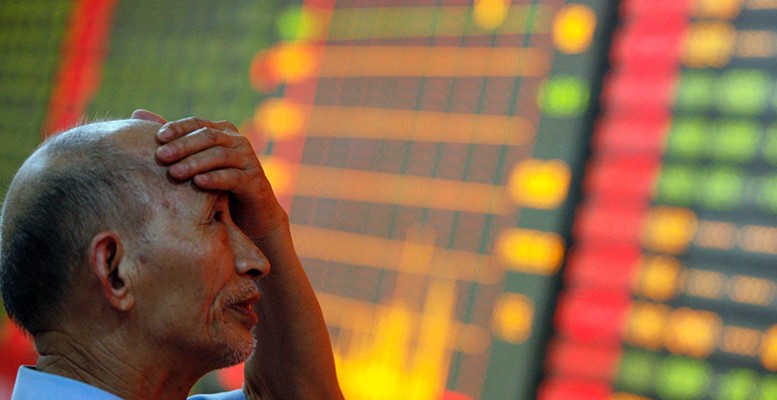China’s problem continues to develop. And it can be resumed in three lines: for many years, the external sector, the exchange rate and its currency reserves have been essential for China.
Between 1990-2014 approximately, China enforced a competitive exchange rate policy which allowed it to maintain a very low interest rate differential. As a result, its reserves constantly increased. And this low interest rate and highly devalued exchange rate also explain the country’s annual growth rates of 8-10%. But just lately, China is recording net capital outflows.
In passing, let’s say that an essential factor of the subprime crisis was the fact that China invested these reserves in US and European banks, allowing the latter to buy toxic assets from the US.
As Ambrose Evans Prichard says, China wanted to make its foreign policy more prestigious by introducing its Remimbi amongst the major currencies – perhaps thinking that its size would put it on a par with the US, and it would also benefit from the supposed advantages of being a reserve currency: it got itself into a mess.
Firstly, it began to get indebted in dollars in 2009, the year in which it launched an expansive credit policy. This caused a bubble which began to wobble towards 2013. As a result of the accumulating dollar debt, more money began to leave the country. In other words, reserves began to decline which irritated both domestic and international investors who stepped up their efforts to take out money.
But because of its new attitude of defending the Remimbi’s standing – which was a mistake – and in order to avoid pushing up the price of its dollar debt – China has to keep its interest rates high. This means it is obliged to raise its domestic interest rate, which is like a gunshot in the stockmarket’s neck.
In the not too distance future, China will reach a point where it will cross the critical line of minimum reserves levels. This will mean its exchange rate will tumble, which is not good news for global deflation or for the Chinese economy, already showing signs of domestic weakness (the reason for the current rock bottom crude prices.)
This is the result of playing with the exchange rate and allowing foreign currency debts to accumulate. There comes a time when the exchange rate can no longer be defended, but the devaluation pushes up the price of debt. Suspicions over devaluation cause domestic interest rates to rise, which aggravates the recession.





